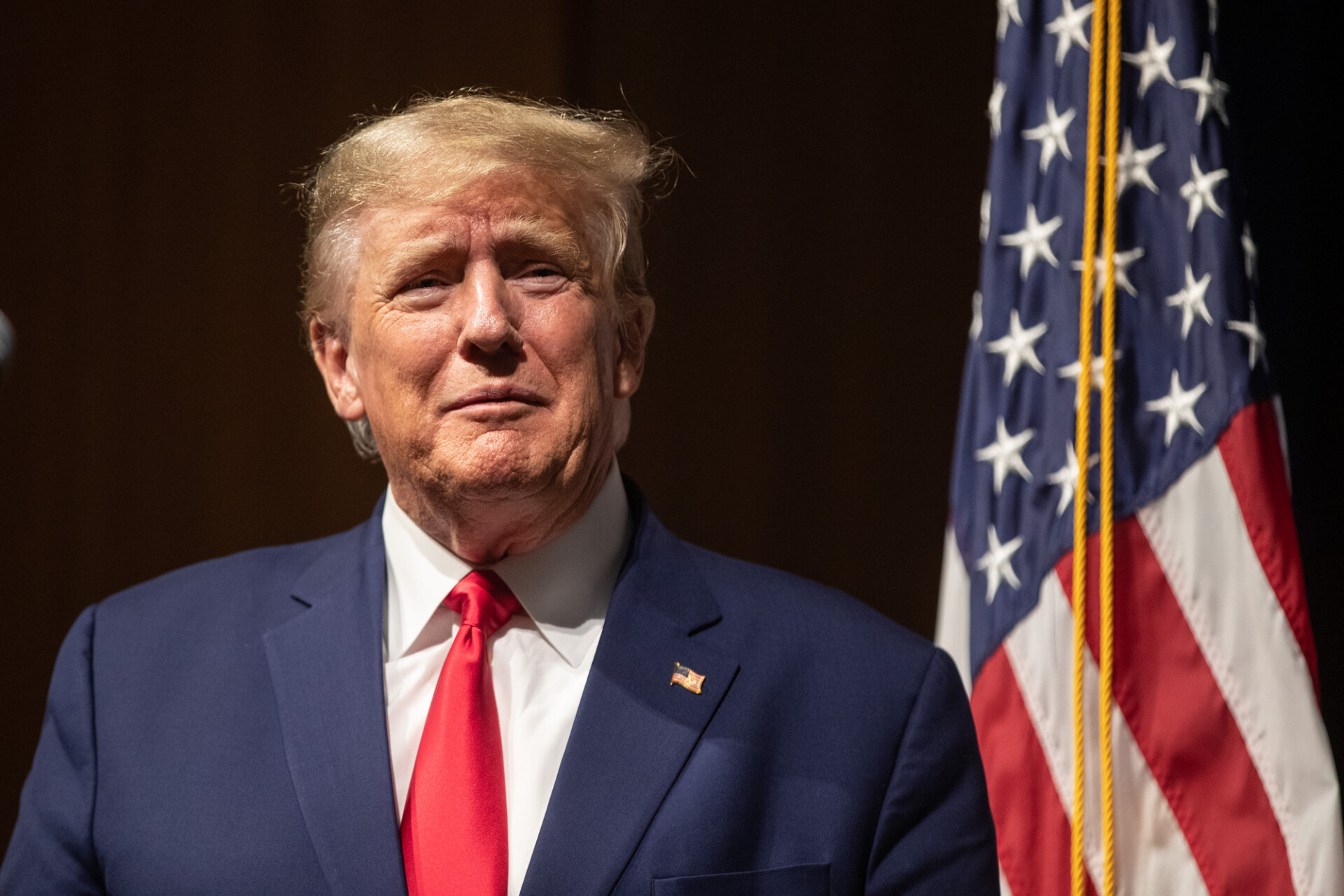Lawyers for the United States government have formally requested that Google should be broken up. In the first and most advanced of two ongoing antitrust actions, Google was found guilty of acting illegally to protect its search business. While the second trial awaits a verdict, the first is now into its formal remedies phase.
This would be the biggest competition decision of the internet era, and the biggest in the US since the Bell telephone monopoly was broken up in 1982.
After being found guilty of abusing a monopoly position, a company may agree to conduct its business in a different way to restore a competitive market, an agreement known as a behavioural remedy. But if the court thinks it cannot comply with such measures, prosecutors may call for a breakup of the company, requiring it to divest itself of key assets too. Which is the argument made by Department of Justice lawyers here: Google is too big and complex to be trusted to behave.
So the US has requested that Google divest itself of the Chrome web browser, the most used browser on both mobile and web devices, with over three billion active users. Prosecution lawyers also want action on Android, Google’s smartphone platform, and also the largest by some margin. Google must also stop paying huge amounts, over $26 billion a year — largely to Apple — to be the default search engine in browsers it does not control. And the DoJ wants to prevent Google’s search monopoly being extended into Artificial Intelligence-powered search, by prohibiting it from investing in or buying AI search products. All of these deliver traffic to Google’s search business. Their dominance therefore deters investment in superior alternative search engines, the court concluded.
It’s a significant break with four decades of competition policy. Over these years, the Chicago school of antitrust became dominant, based on the belief that the market was self-correcting, and that government intervention would do more harm than good. From Reagan onwards, Republicans strongly upheld this laissez faire philosophy. Shortly after the Bush administration took office 2001, for example, the US vs Microsoft case was rapidly brought to a conclusion with the company agreeing to a lesser penalty, even though a judge had ordered a breakup of the company.
But loyalty to the Chicago school is no longer a given. The libertarian Koch wing of the Republican Party has not been the dominant voice in competition policy for some years. Populism recognises that global technology platforms who enjoy an income exceeding the GDP of nation states are a new and quite different beast. Voters see themselves as more than mere consumers, and even as consumers they see a small number of companies acting as they please. In fact, this case was one of the last acts of the first Trump administration, brought by Attorney General Bill Barr, who served on staff in the Reagan and George H.W. Bush administrations, in October 2020.
Writing recently, Barr called Google a threat both to capitalism and to free expression. “The public is getting its first glimpse behind the curtain to see Google for what it really is: a threat to the free market and free speech,” he wrote. Barr drew attention to Google’s quality scores being determined by what it calls “social fairness”, which he called “an Orwellian phrase that means political censorship”.
So can Trump finish what he started four years ago? Few of Trump’s backers want an active state policing business more closely. Some, including the now-withdrawn nominee for Attorney General Matt Gaetz, have called for the Department of Justice to be stripped of many of its powers. But others, including some venture capitalists, recognise monopoly power is bad for emerging businesses too — and they may have a powerful ally in the new Vice President.
“I think Google ought to be broken up. I think it’s way too big, way too powerful, and we’ll see how things look in 2025,” said J.D. Vance earlier this year. Hearings next Spring will determine the nature of the punishment, with Judge Mehta promising a verdict by next August.











Join the discussion
Join like minded readers that support our journalism by becoming a paid subscriber
To join the discussion in the comments, become a paid subscriber.
Join like minded readers that support our journalism, read unlimited articles and enjoy other subscriber-only benefits.
Subscribe